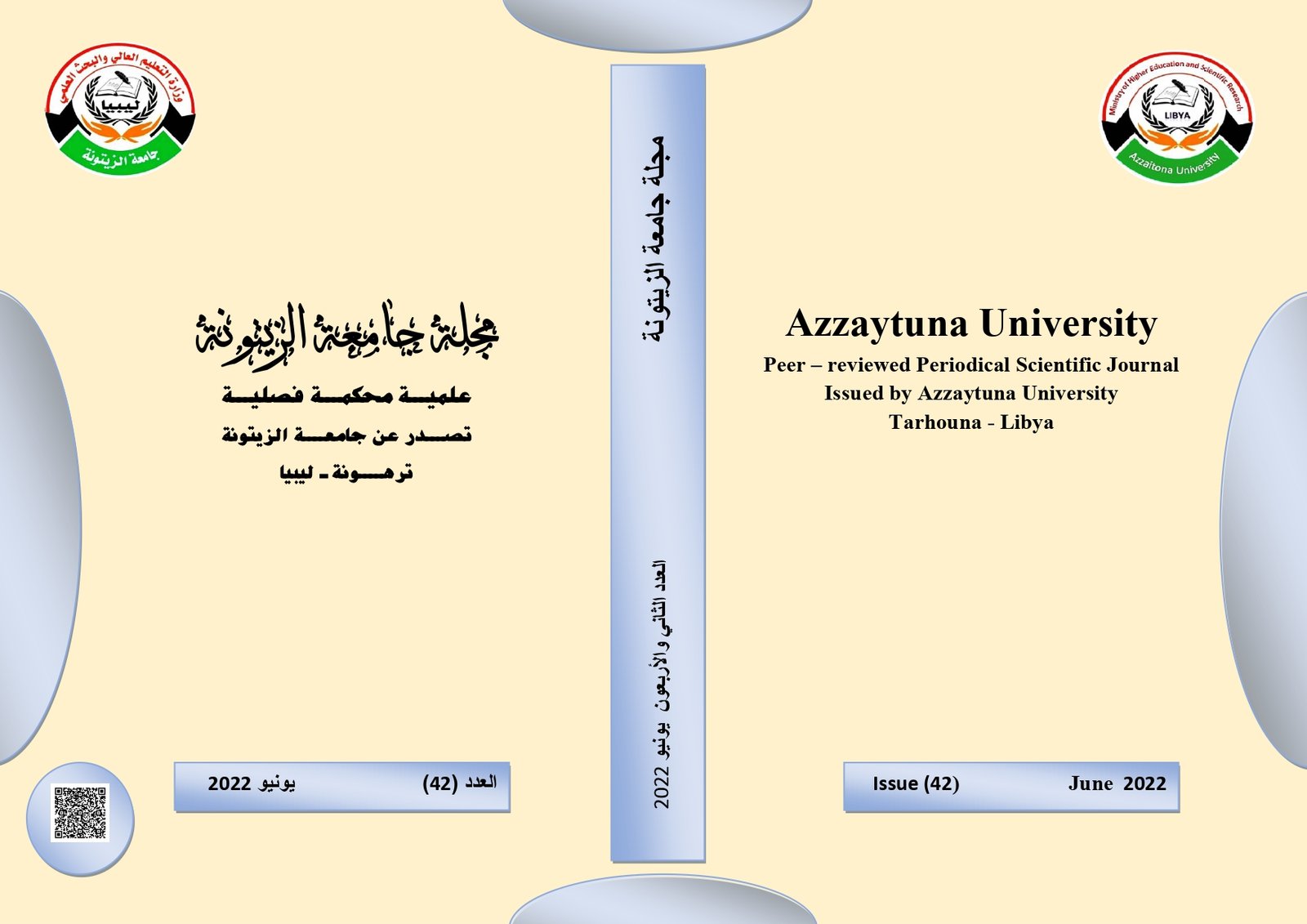A Study on Libyan In-service Teachers’ Perceptions of the English Language Program from Which They Have Graduated (An Urgent Need to Train the Untrained)
Abstract
Teacher training has a positive effect on students’ successful performance; however, there is no good understanding of how teachers are actually trained and how effective the teaching programs are. Thus, the current study has been designed to investigate the perceptions in- service teachers have towards the program they have graduated from at Zaytuna University, faculty of Arts and Science department of English Language, Tarhuna region, Libya. The study has also been designed to shed more light on those teachers to help them improve their performance by providing them with good training and workshops. The instrument used in this study was a questionnaire developed by Coskun and Daloglu (2010). The results of the study show that the in-service teachers were not satisfied by the outcomes of their general English program and the rate of dissatisfaction with most of the items was quite high. Lack of vital courses like assessment, methods of teaching and learning, and teacher education make it hard for them to teach effectively. Key words: teacher training programs, Libya, in-service teachers, perceptions. Introduction The main goal of teacher education programs is to prepare future student teachers with “content knowledge, understanding of cognitive, psychological, and linguistic development, as well as the current and historic pedagogical theories, and methodologies” (O’Neal, Ringrer, &Rodriguez, 2008, p. 5). In addition, Dickson et al. (2006) mentioned that courses in the program should be coherent and be in line with experiences of school-based mentors, as well as with other experiences like educational experience of students. Another important point, based on Thompson (2010), is that how these courses are related to ‘real world’ of teaching. For example, Thompson (2008) reflected on Grossman et al.’s (2000) study of teachers who completed a course and developed a good theoretical knowledge of writing instruction but they had trouble with the practical application. The major argument is that teacher education system should shift from theory instruction to practical training and show student teachers what they are expected to do in the real classroom. However, practical training itself should be effective too. For example, as Dewey (1938) argues, not all practicum experience is effective. A good practicum is the one which allows student teachers to take responsibility for their professional development and continue their learning (Zeichner, 1996). Despite the significance of teacher education courses, the general programs like the one from the participants of this study has graduated from, lack practical trainings that prepare teachers to teach inside a real classroom context, and also there is no enough evidence supporting that these programs prepare effective teachers with the ultimate aim of students’ learning, and very few studies have investigated this topic.





